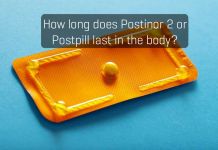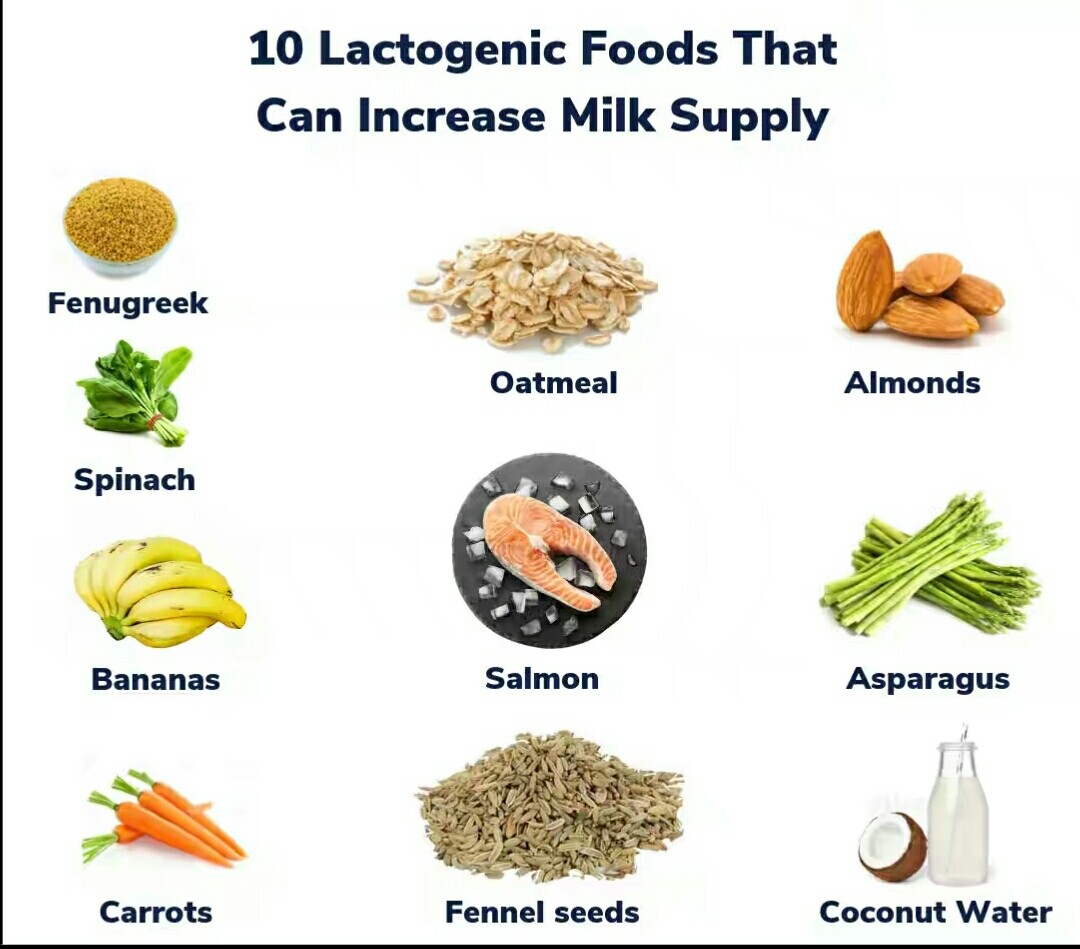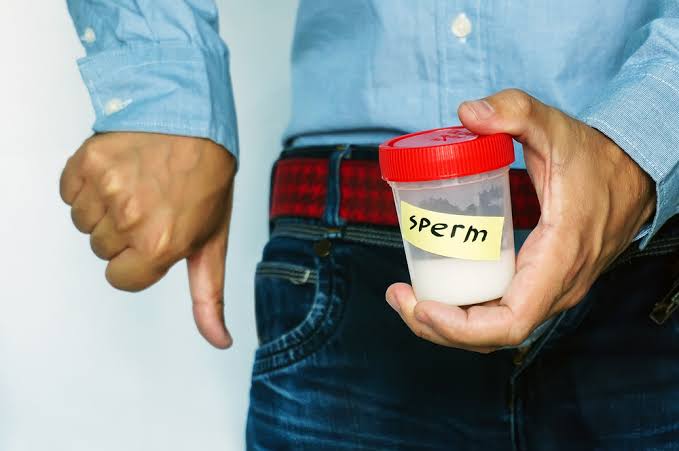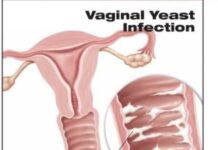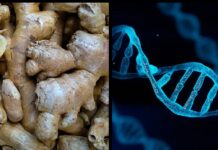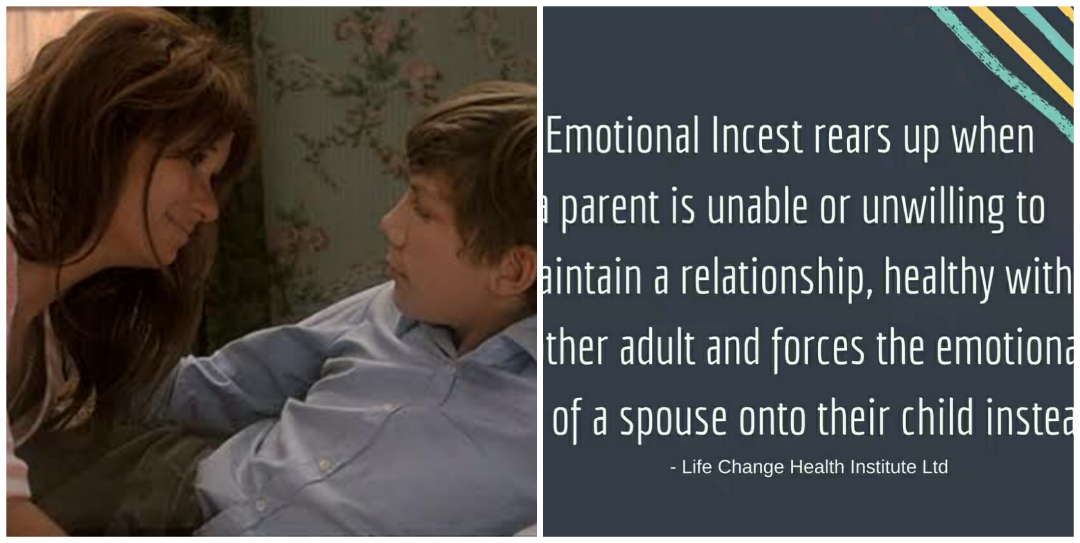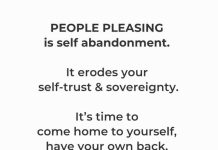Emotional Incest, Convert Incest, Emotional Enmeshment, Emotional Parentification – The Parentified Child.
EMOTIONAL INCEST/COVERT INCEST – The Parentified Child
An experience in my workplace moved me to delve into this topic. An 8 year old girl and her adolescent older brother are both taking care of their very sick mother in the hospital for months now and I started to notice how it’s beginning to affect them psychologically.
These children are playing a role that is not appropriate for their age which leads us to this very sensitive, yet uncommon topic. Sadly many of us are victims unknown to us. If you are one of those , see this article as an eye opener rather than feeling sorry for yourself.
WHAT IS EMOTIONAL INCEST ?
Patricia Love, Ed.D., past president of the International Association for Marriage and Family Counseling, defines emotional incest as “a style of parenting in which parents turn to their children, not to their partners, for emotional support.”
The term “emotional incest” was coined by Kenneth Adams, Ph.D. to describe a type of family dynamic that plays out when a caregiver depends upon a child to get their emotional needs met.
Emotional incest is not sexual. Instead, this type of unhealthy emotional interaction blurs the boundaries between adult and child in a way that is psychologically inappropriate. A dynamic that occurs in parenting where the parent seeks emotional support through their child that should be sought through an adult relationship.
Children put in this position may feel special or privileged because the parent is sharing adult information with them and/or is looking to them for support, creating a sense of closeness. However, given that the child’s needs are ignored in favor of the parent’s, there can be devastating long-term developmental consequences.
Many parents and children are close. Closeness is healthy and desirable. In a healthy close relationship a parent takes care of a child’s needs in an age-appropriate way without making the child feel responsible for the emotional needs of the parents.
In an emotionally incestuous relationship, instead of the parent meeting the needs of the child, the child is meeting the needs of the parent. When children are put in the position of meeting the emotional needs of a parent, it creates an unhealthy dynamic in which children essentially become the parents. The children are emotionally abandoned, in effect robbing them of their childhood.
It important to note that, in most cases, parents who foster a dynamic of emotional incest or covert incest do not realize the impact of their behavior and do not intend to hurt their children. But the impact and the hurt are there all the same. Sometimes emotional incest is extremely severe and debilitating, and other times it’s more moderate and can almost go unnoticed.The impact is nonetheless harmful.
Caregivers who turn to their children for support may have a number of unmet needs they are unconsciously attempting to address, such as:
Relationship needs, including intimacy issues, conflict, difficulty maintaining a relationship, lack of companionship, or lack of romantic interaction
Advice or problem-solving needs, including lack of a confidant or difficulty dealing with problems or issue that arise in everyday life
Emotional needs, including low self-esteem, difficulty regulating emotions, or the lack of a sense of comfort or safety.
For practical reasons, elder children are generally chosen for the familial “parental” role – very often the first-born children are the chosen ones . However, gender considerations mean that sometimes the eldest boy or eldest girl was selected, even if they are not the oldest child overall, for such reasons as the preference to match the sex of the missing parent.
WHAT CAUSES THIS UNHEALTHY ROLE REVERSAL?
Most often, emotional incest occurs when an adult marriage or relationship is fragile, a parent is lonely, or there is a broken family dynamic such as infidelity, mental health conditions, or addiction. One or both parents may seek to get their emotional needs met through the child instead of seeking support from adults.
This video is an example of a parentified child:
God Bless this child , it’s very obvious that he has been cooking for himself and his brother for a while! Does he really have a childhood ? 😢😥🙏🏽💔💧pic.twitter.com/7qCMcNapOd
— Kia Zolgharnain⭐️⭐️⭐️ (@Kiaz19) September 18, 2019
Sometimes a parent will undermine the other parent during an argument or separation/divorce proceedings by putting children in the middle or colluding with a child, which increases the level of the parent’s dependency on the child. The child, in turn, may become concerned about having to take sides or protect a parent.
Just because a child from this type of environment may grow up, leave their childhood home, and become an adult, does not mean the original issues of dysfunction cease to exist. In fact, some of the repercussions described above only begin to manifest in adulthood.
VARIOUS FORMS OF PARENT-CHILD ALLIANCES
There are different forms and levels of severity in emotional incest:
💠THE ABUSIVE /CRITICAL PARENT – CHILD ALLIANCE : This involves using the child as a scapegoat for emotional support. The parent indirectly expresses the anger of not having their needs met by their spouse, but targets this expression at the child instead of the spouse who is responsible for those needs because it is easier to confront a child than a spouse. This is similar to the relationship between my patient and her son. She transfers the aggression of her unavailable spouse to the child.
💠ADULTIFYING PARENT-CHILD ALLIANCE
This involves :
1. Asking the child for advice on adult issues: Spousal difficulties, sexual feelings, worries about problems that do not directly involve the child, are all topics more suitable to discuss with adults. Inviting children into the problems of adult relationships can blur boundaries. A parent should not have to rely on their child to guide them through romantic or social turmoil. By asking advice on adult issues, the child is subtly positioned in a place of responsibility. The roles are reversed.
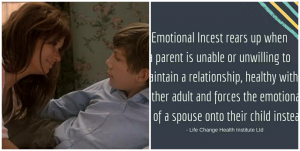
2. BEST FRIEND SYNDROME: When a parent is best friends with their child, boundary issues often occur. Discipline, expectations, and personal responsibility are all impacted by this behavior. Having a confidante who is not capable or ready to handle adult relationships is forcing the child to set aside their social and psychological world for the sake of their parent’s.
3. THE THERAPIST ROLE:Putting a child in the driver’s seat of an emotional crisis or adult relationship robs them of their own relationships and the ability to learn age appropriate socialization. Later in life the child may feel most comfortable taking care of someone else’s emotional needs rather than their own. In some cases, it may be difficult for an adult child to have a stable romantic relationship since the need for crisis overrules the need for solidity.
4. THE INFANTILISING PARENT-CHILD ALLIANCE : Is a dynamic whereby the parent feels threatened by the child’s growing independence. As such, the parent acts in a way that impedes the child’s age – appropriate autonomy. The parent becomes over protective, over involved and eventually stifling the child.
5. THE ROMANTICISING PARENT-CHILD ALLIANCE: This mimics the type of companionship and emotional intimacy that a parent should seek from a romantic relationship. Often the parent adores the chosen child and often there is a flirtatious teasing. The parents do not touch their children inappropriately but display unhealthy interest in their bodies. They may deprive them of privacy in their bedroom or openly stare at their bodies. Sometimes it gets to the point of alienating the child from his /her peers and friends. For example, discouraging social events that will leave the parent without the child’s companionship.
WHAT ARE THE EFFECTS OF EMOTIONAL INCEST ON A CHILD ?
According to Dr. Love, “Being a parent’s primary source of support is a heavy burden for young children as they are forced to suppress their own needs to satisfy the needs of the adults”. Because of this role reversal, they are rarely given adequate protection, guidance, or discipline, and they are exposed to experiences well beyond their years.
Emotional incest disrupts a child’s ability to develop at a natural pace, as it tends to force them into situations that are beyond their comprehension and beyond their years. This can, in some situations, lead a child to grow up too quickly.
Though a child affected by emotional incest may feel special and privileged to be part of such an adult relationship, they may strive to live up to the impossible expectations of this relationship. This struggle and strain can impact the child’s development in various ways:
1. A need to feel special: Children may come to believe that the best way to engage in close relationships is to ensure they are overachievers, in terms of their abilities, and that they are viewed as superior and special. Misconceptions about relationships can lead to perfectionism and low self-esteem, since the child is not equipped to withstand or understand the nature of adult issues.
2. Guilt complex: The pressure placed on a child who is experiencing emotional incest can lead to feelings of inadequacy, especially if the parent or caregiver is critical when the child is unable to satisfy their needs. This dynamic has the potential to negatively impact a child’s self-confidence and self-esteem.
3. Relationship and boundary issues: Children who experience emotional enmeshment or incest may grow up with confused ideas about relationships and boundaries. They might view healthy boundaries as negative and therefore perceive the boundaries of others as rigid rejection. They may seek relationships that mimic the enmeshment from their childhood and repeat the cycle. .Their future relationships might be affected by intimacy issues, anger or power struggles since they may have learned to think that one person holds all the power over the other
4. Lack of assertiveness: When a child is tasked with meeting the needs of their adult parent, their own needs often go unmet. As they grow older, they are likely to have difficulty advocating for their own needs because they may not have had enough opportunities to practice assertiveness skills. Additionally, children affected by emotional incest may learn to associate assertiveness with selfishness or another similar trait.
– Compulsivity that can include sex, substances, alcohol, work, food
– Patterns of excessive triangulation (indirect communication) in work, family or romantic relationships.
– Issues related to sex addiction/avoidance or love addiction/avoidance
WHAT ARE THE EFFECTS OF EMOTIONAL INCEST ON THE FAMILY ?
Emotional incest affects all members of a family. Love identifies five models:
➡️The Invasive Parent is enmeshed with a child in order to meet his/her needs that are not being met in an adult relationship
➡️The Chosen Child is enmeshed with the invasive parent; often treated as “all good” and favored, but their own needs to develop as an individual, to make mistakes and learn, to receive structure and discipline, etc. are actually neglected.
➡️Chosen children can also be treated as scapegoats, used not just for emotional support but for the release of anger and tension.
➡️The Left-Out Spouse spouse of invasive parent, is often shut out of exclusive parent-child bond; may turn to workaholism, alcohol, affairs, or other unhealthy coping mechanisms to deal with an unhappy life at home. The Left-Out Child(ren), a non-favored child, may be neglected or receive less of the family’s resources; may bond with the left out spouse.
➡️Spouse of the Chosen Child, when the chosen child grows up and marries, his/her spouse may find him/herself engaged in a rather disturbing triangle with the chosen child and invasive parent
HEALING FROM EMOTIONAL INCEST
Goodtherapy.org says for those who experienced emotional incest as a child, there are several ways to promote healing.
1. Therapy or counseling: Find a counselor who specializes in childhood abu, enmeshment, or codependency, and who focuses on the needs of survivors.
2. Self-help meetings: Prior to participating in self-help meetings, it is important through the process of individual counseling to gain an understanding of what you are facing as a survivor of emotional incest.
3. Journaling: Writing about distressing issues and experiences can be especially helpful while confronting the dynamics of obsessive-compulsive behaviors, which often exist as a result of defense mechanisms created for emotional survival when emotional incest has occurred.
4. Psychoeducation: Knowledge is power. Gaining an understanding of what has happened and the impact it has on your life and relationships can be healing.
However, it can be difficult for many of those affected to reach out for help. Adults who dealt with emotional incest as a child may have intricate defense systems in place, formed out of necessity in order to maintain a relationship with their parent(s) throughout the years. This type of denial often makes it less likely a person will seek therapy.
Parents should therefore resist the urge to confide in and seek to get their needs met by their children,either physically or otherwise.
Let kids be kids, being able to play without feeling responsible for you. Talk to adult friends instead, there’ll always be someone trustworthy only if you’re willing to be open. Seek companionship anywhere but in your children, you’ll be protecting them and saving yourself from unintentional guilt.
Moreover, it’s important to reach out to struggling parents and their children. They really may not find it easy to confide in others. Take interest in them, assist in whatever way you can. You’ll be saving a child’s entire future.
WRITTEN BY: OKOGBENI JOANNA EJOVWOKE
RN, RM IN VIEW.
Credits:
Psychcentral.com
bpdfamily.com
Goodtherapy.org
The book ” Emotional incest syndrome” – Dr Patricia Love with Jo Robinson




